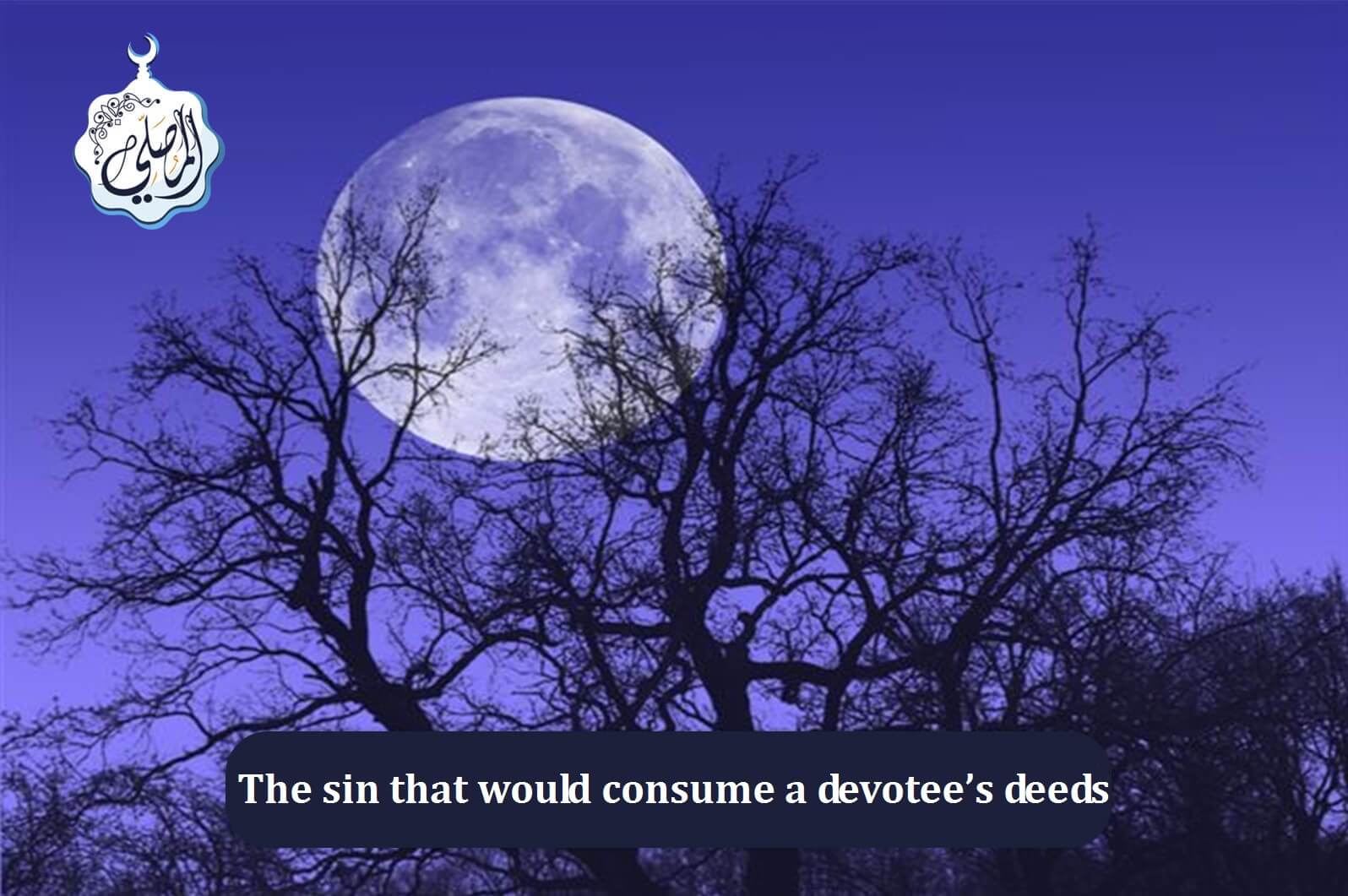
The beautiful tapestry of Islam is woven with threads of compassion, brotherhood, and mutual support. Central to this tapestry is the obligation for Muslims to care for one another, especially during times of hardship. This isn't merely a suggestion, but a core Islamic principle, emphasized in both the Quran and the teachings of Prophet Muhammad (ﷺ).
The Quranic Call to Care:
Allah (SWT) reminds us in Surah Al-Ma'un:
“Have you seen [the condition of] one who denies religion?
It is he who drives away the orphan
And does not encourage the feeding of the poor.” (Quran 107:1-3)
These verses highlight the importance of caring for those in need, particularly orphans and the struggling. Turning a blind eye to their hardship is a sign of rejecting the very essence of faith.
Prophet Muhammad (ﷺ) further solidified this concept in his sayings. A beautiful Hadith narrated by Imam Bukhari states:
“The believers in their mutual love, compassion, and mercy are like one body. If one part of the body suffers, the whole body feels pain and discomfort.” (Sahih Bukhari)
This Hadith emphasizes the interconnectedness of the Muslim community. The pain of one believer is felt by all. Similarly, a Hadith narrated by Imam Muslim reminds us:
“None of you truly believes until he loves for his brother what he loves for himself.” (Sahih Muslim)
True faith extends beyond personal well-being. It requires us to desire good and comfort for our fellow Muslims as we do for ourselves.
Actions Speak Louder Than Words:
Caring for fellow Muslims transcends mere feelings. It translates into action. The Prophet (ﷺ) himself exemplified this perfectly. He (ﷺ) said, as narrated by At-Tirmidhi:
“The dearest of people to Allah is the one who brings most benefit to people.” (Sunan At-Tirmidhi)
Furthermore, the Prophet (ﷺ) prioritized helping others in need, even above personal acts of worship. A Hadith narrated by At-Tabarani states:
“And to walk with a brother to meet his needs is dearer to me than observing itikaf in this mosque – meaning the mosque of Madinah – for a month.” (Sahih At-Targheeb)
Conclusion:
Taking care of fellow Muslims during hardship isn't just an act of kindness; it's an obligation. By offering support, be it financial aid, a listening ear, or a helping hand, we fulfill our Islamic duty and strengthen the bonds of our community. May Allah (SWT) grant us the ability to truly care for our brothers and sisters in faith, and may we find solace and reward in serving one another.










 share facebook
share facebook share whatsApp
share whatsApp share twitter
share twitter share telegram
share telegram copy
copy






